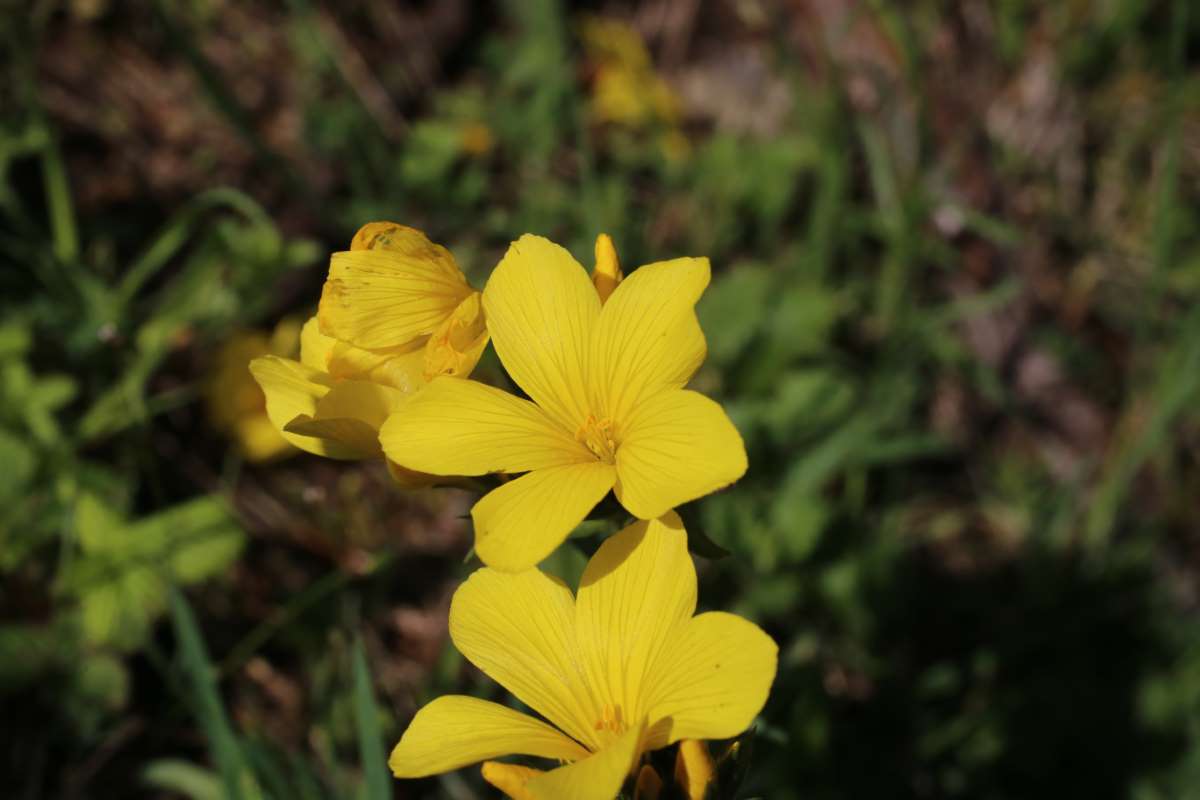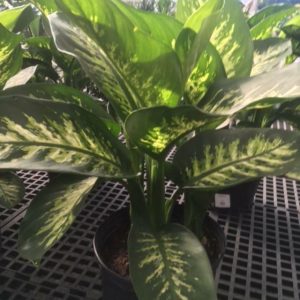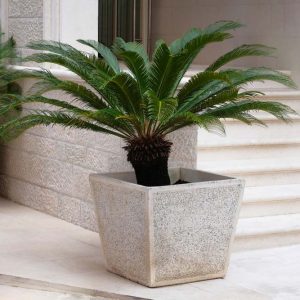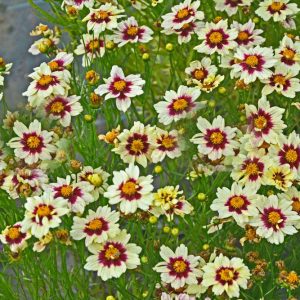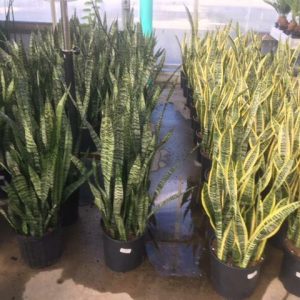Description
Linum – Flax –
There are about 200 species of annuals, biennials, and semi evergreen, evergreen and deciduous perennials, shrubs and subshrubs, in this genus. They occur mainly from grassland, scrub, and dry slopes in temperate areas of the Northern Hemisphere. They are grown for their terminal or axillary racemes, panicles, cymes, or corymbs of colorful, 5 petaled,, funnel to saucer shaped flowers, which are usually blue, yellow, or white, sometimes pink or red, and are borne over long periods. The simple, mainly alternate, sometimes opposite leaves are usually hairless, and deciduous unless otherwise stated. The smaller species are suitable for a rock garden, the large ones for a border,. Grow annuals in an annual border or as fillers in a herbaceous border.
Grow in light, moderately fertile, humus rich, well drained soil in full sun. Protect from winter moisture. Divide perennials in spring or fall.
Prone to stem rot, rust, wilt, anthracnose, damping off, slugs and snails, and aphids.
L. capitatum – This sturdy, rhizomatous perennial from the Balkan Peninsula and Southern Italy grows 18″ tall and 10″ wide. Sometimes confused with L. flavum, with rosettes of oblong, spoon shaped, basal leaves, and lance shaped stem leaves, all dark green, and up to 1 ½” long. During summer, it bears compact, terminal cymes of upward facing, funnel shaped yellow flowers, to 1″ across.
Zones 6-9

